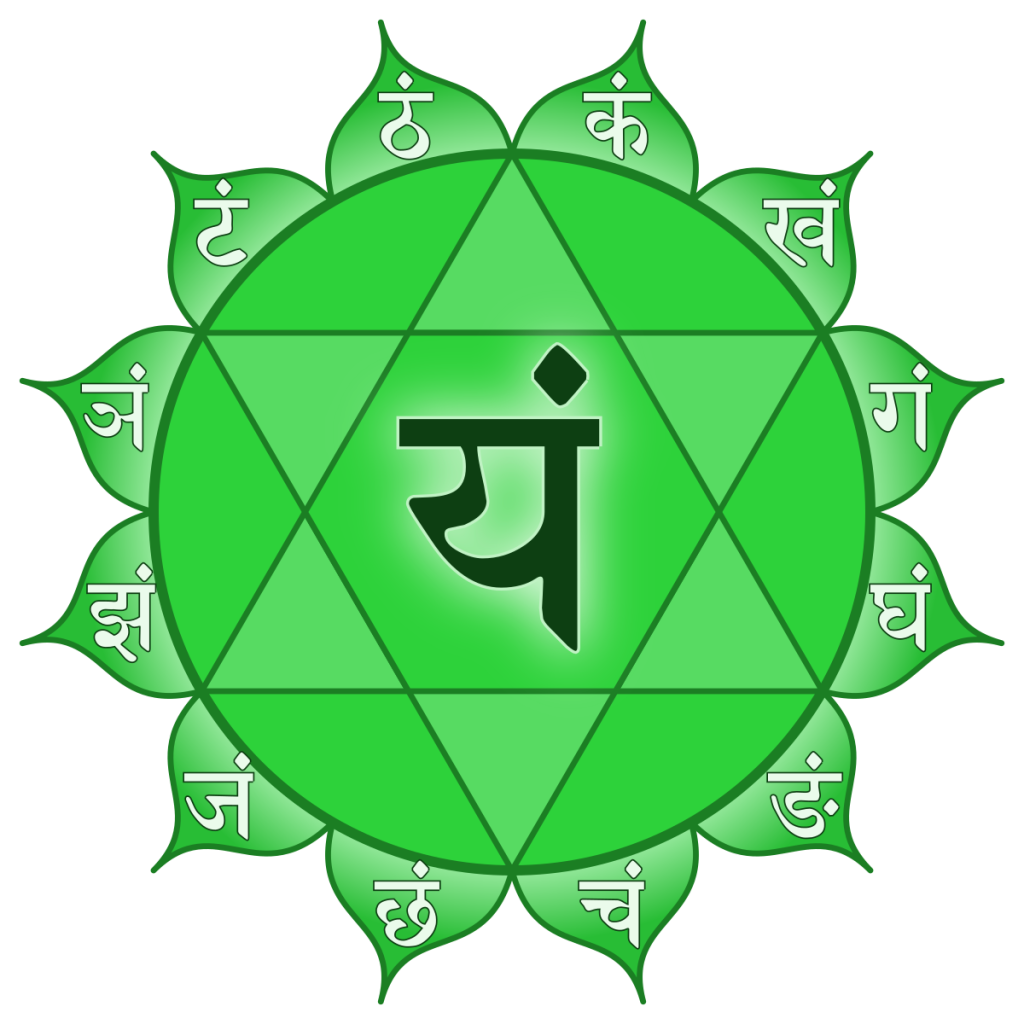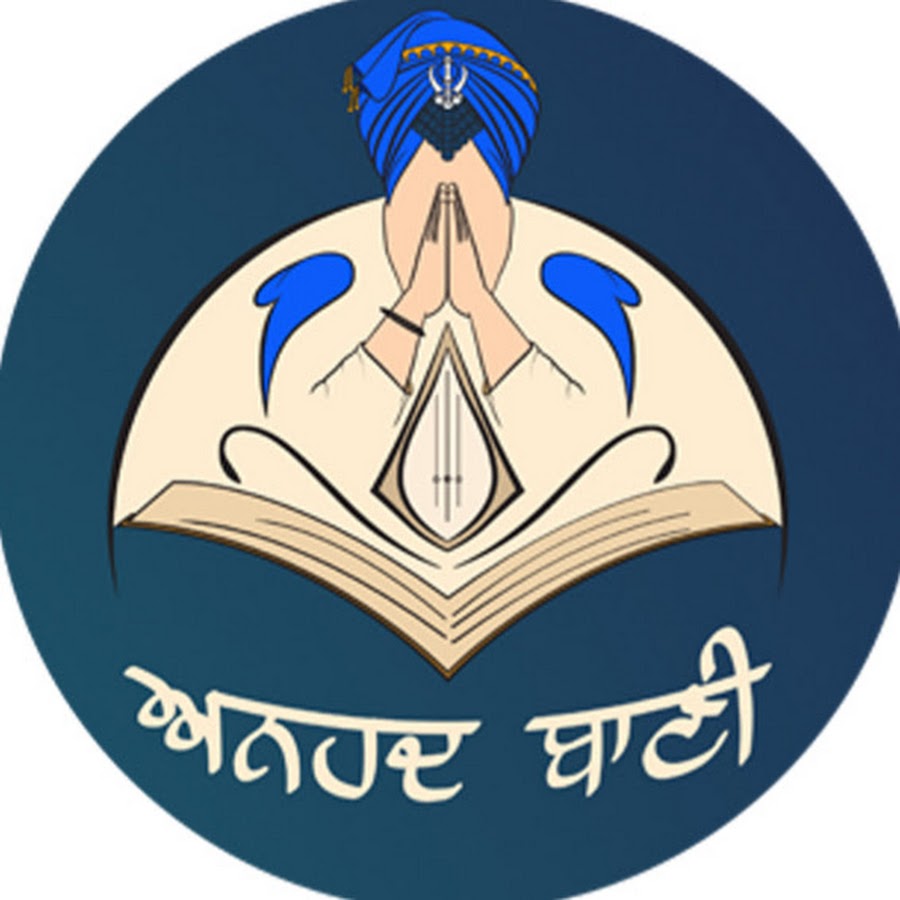ANAHATASABDA figures variously in the Guru Granth Sahib as anahadasabad, anahadatura, anahadajhunkara, anahadabain, anahatanada, anahadabani and anahadadhumand in the Dasam Granth as anahadabani and anahadabaja. The word anahata is from the Sanskrit language. It occurs in Pali and Prakrit texts as well. In the Sanskrit original, it implies unstruck; it stands for pure or immaculate in Pali and for eternal in the Prakrit. The suffix words like sabad or sabda, tura, jhunkara, bani and dhuni stand for word, rhythm, sound or speech. Thus, anahatasabda would mean the unstruck or pure or eternal sound. In a theistic system, anahatasabda would signify an eternal voice symbolizing the reality of God.
Discover Anhad Bani, the mystic melody of yogis, symbolizing divine bliss. Learn how inner music connects with higher truths in spirituality.
DHUNI, from Skt. dhvani meaning sound, echo, noise, voice, tone, tune, thunder, stands in Punjabi generally for sound and tune. In the Guru Granth Sahib, the term appears in the sense of tune at the head of 9 of the 22 vars (odes) under different ragas or musical measures. Directions with regard to the tunes in which those vars were meant to be sung were recorded by Guru Arjan when compiling the Holy Book. The classical system of Indian music had well established tunes and corresponding prosodic forms; but the var, being basically a folk form, did not have any prescribed order.
Unveil the essence of Shabad in Sikh tradition—its role as divine revelation and spiritual enlightenment in the Guru Granth Sahib.




